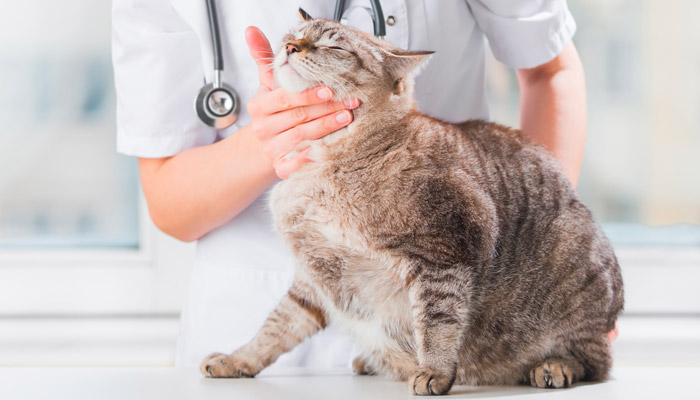
Many pet owners are wary of vaccinating their pets due to concerns over side effects and the cumulative impact of vaccines on the pet’s overall health. While these concerns are genuine, some vaccines are necessary to prevent deadly diseases and ongoing health issues. Today we look at what those vaccines are and what they prevent.
Understanding Vaccines
In simple terms, vaccines contain a substance called an antigen. An antigen is a foreign body that replicates the disease-causing organism, except that it isn’t harmful to your pet. When a vaccine is introduced to your pet’s body, it stimulates the immune system. This in turn produces a disease-fighting response or antibodies. Then if your pet is ever exposed to the actual disease, the immune system can quickly recognize the harmful pathogens and fight off the infection.
By definition, and even judging it at face value, vaccines are great until they aren’t. Problems can occur when you expose your pet to repetitive vaccinations, causing a chain reaction or chronic inflammation. The latter is known to cause vaccine-related health complications, which can range from autoimmune diseases to cancer. Due to these concerns, there have been heated debates about vaccinating pets yearly. It is important to discuss these concerns with your vet to determine the appropriate vaccine schedule for your pet.
Important Vaccines for Your Pets
Vaccination, like ordinary treatment, surgery, or other medical interventions, comes with risks and benefits. Pets need vaccines to fight future infections. When vaccinating, keep the risks in mind. Some experts recommend yearly shots, while others suggest vaccinating pets every three years.
Here are the common illnesses for which vaccines are available and highly recommended for your pets, primarily dogs and cats. For dogs, you should have them vaccinated against:
- Parvovirus. TImmvahis disease destroys white blood cells and causes diarrhea and vomiting. It is especially dangerous for puppies and young dogs.
- Distemper. This life-threatening disease causes vomiting, pneumonia, diarrhea, and seizures.
- Adenovirus. This virus causes hepatitis and can be life-threatening.
- Rabies. This is a viral disease with no cure. It can spread to owners, and vaccination is the only solution.
Vaccines against Distemper, Adenovirus/Hepatitis, and Parvovirus are combined and available under the popular name DAPP or DHPP. The last “P” stands for parainfluenza, a non-life-threatening disease that causes coughing and a runny nose.
For cat owners, there are three primary diseases to vaccinate against. These are:
- Feline Leukemia. This virus causes chronic immune suppression, which can lead to cancer.
- Feline Distemper or panleukopenia. This life-threatening disease is commonly linked to diarrhea, vomiting, dehydration, and a low white blood cell count.
- Feline Immunodeficiency Virus (FIV). This is a retroviral disease known to cause chronic immune suppression. Cats with FIV may appear normal for several years, only for the virus to drastically suppress the immune system later.
Final Takeaways: Prioritize Your Pet’s Health
As much as you want to save your pet from life-threatening diseases, you also want to avoid overexposure to vaccines. A rule of thumb is to discuss the core vaccines’ benefits and risks with your vet. This way you’ll be better able to choose what to prioritize and what can wait.
Ideally, the core vaccines for dogs are rabies and DHPP. Feline distemper, feline parvovirus, and rabies are the core cat vaccines. Even so, this may change depending on the outbreak of diseases and your pet’s susceptibility. Additionally, the region you live in may recommend or require vaccines, for example, in Florida every pet must have a current rabies vaccine.
Regarding the frequency of vaccination, there’s a never-ending debate about vaccine risks, the need for boosters, and vaccine intervals. A solution is to reach a consensus with your vet and design a vaccination schedule that works for your pet. Contact the veterinary team at Naples Coastal Animal Hospital to discuss your pet and their vaccine needs.
